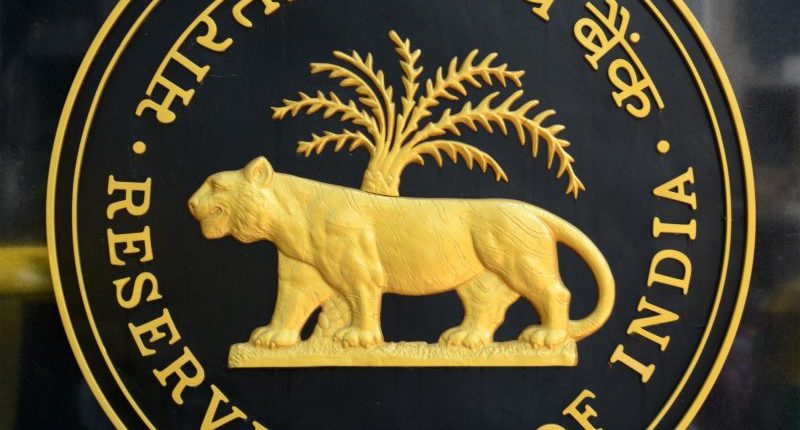The RBI’s decision to maintain rates in consecutive policy meets is motivating investors to consider investing in duration schemes. Interest rates may have reached their peak.
Fund managers believe duration schemes of up to three years are currently the most favourable option. Some even suggest considering longer durations, as the yield curve is expected to trend downward.
Rajeev Radhakrishnan, Head of Fixed Income at SBI MF, stated that there is still room for improvement in inflows into fixed income, particularly in duration funds. He mentioned that a significant portion of the inflows into duration funds with a duration of 3 years or more occurred in the final week of March.
According to Amfi data, there was a combined outflow of Rs 6,500 crore in March from the low-duration and short-duration fund categories. However, in April, low-duration funds recorded inflows of Rs 5,463 crore, followed by inflows of Rs 1,747 crore in May. In the short-duration category, net inflows were Rs 1,782 crore in April and Rs 4,054 crore in May. These figures indicate a shift in investor sentiment and increased interest in both low-duration and short-duration funds during April and May.
NS Venkatesh, CEO of Amfi, has stated that investors are finding comfort in duration funds due to the consecutive pauses in interest rate hikes. Industry experts agree with this sentiment and suggest that a duration of one to three years is currently considered most favourable for investments. This suggests that investors seek opportunities in duration funds within this specific time frame.
According to Kaustubh Gupta, co-head of fixed income at Aditya Birla Sun Life AMC, they favour the short end of the yield curve as it provides an opportunity to earn substantial accruals without taking on significant duration risk. He mentioned that, in their view, a duration of two years is ideal for investors in the current market conditions. This suggests that they believe shorter-duration investments can offer attractive returns while minimising exposure to interest rate fluctuations.
As of Wednesday, the 10-year bond yield was trading at 7.01%. The release of inflation data has provided some relief, and if positive real rates are maintained, it could potentially encourage investors. Positive real rates, the nominal interest rates adjusted for inflation, can make investments in fixed-income securities more attractive as they offer the potential for real returns after accounting for inflation.
According to Gupta, he expects the average inflation for this fiscal year to be around 5%. Considering that the entire yield curve is currently trading in the range of 7.0-7.5%, he suggests that investors could potentially expect real returns in the range of 200-250 basis points (bps). This implies that after accounting for inflation, investors may have the potential to earn a real return of 2-2.5% on their investments in fixed-income securities.
Experts view the peaking of interest rates as a significant positive development. If the central bank continues to hold steady rates, it could bring good news for duration funds. With stable interest rates, duration funds, which are sensitive to changes in interest rates, may be better positioned to generate favourable returns. This positive outlook suggests investors considering duration funds may find favourable opportunities in the current market environment.
For any clarifications/feedback on the topic, please contact the writer at samiksha.swayambhu@clear.in

I am an engineer passionate about literature, content, books, feline companions, and practising yoga. I love navigating diverse genres, which led me to my work here at ClearTax.





